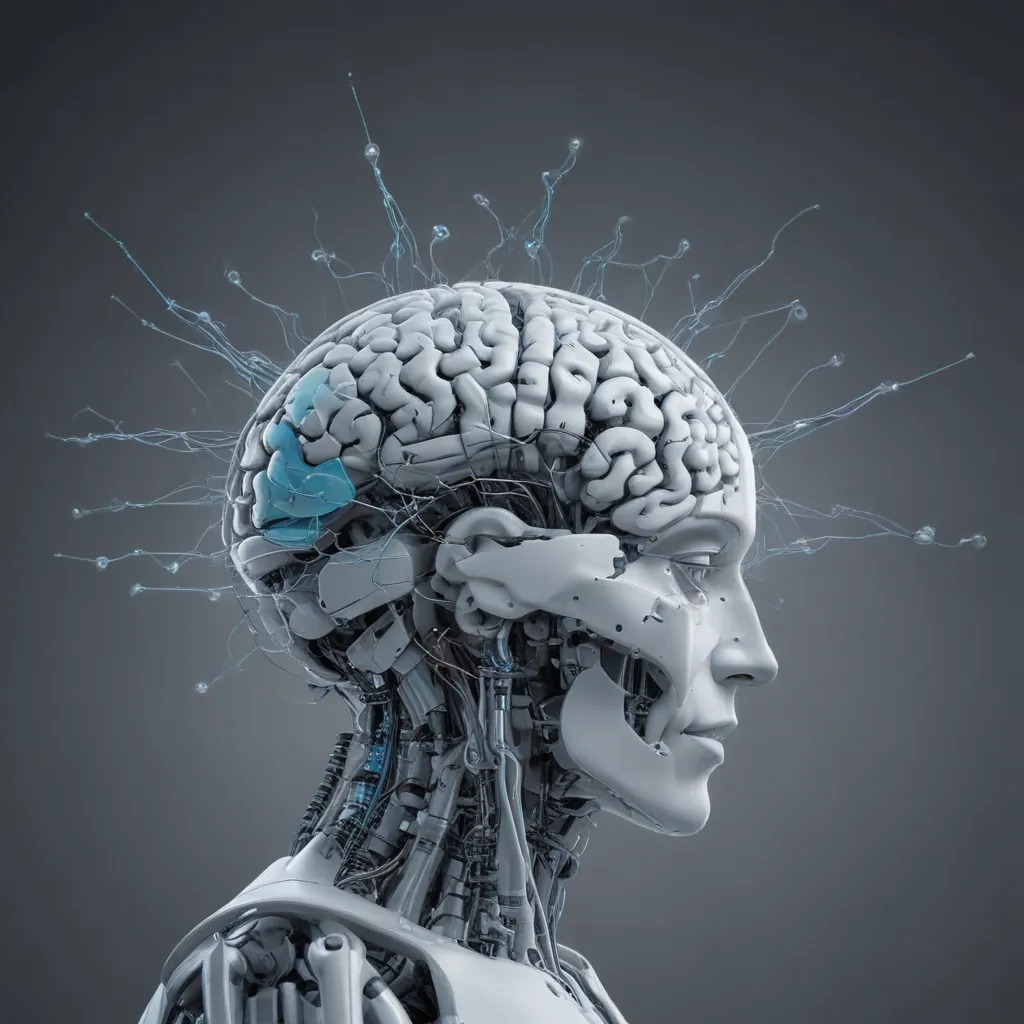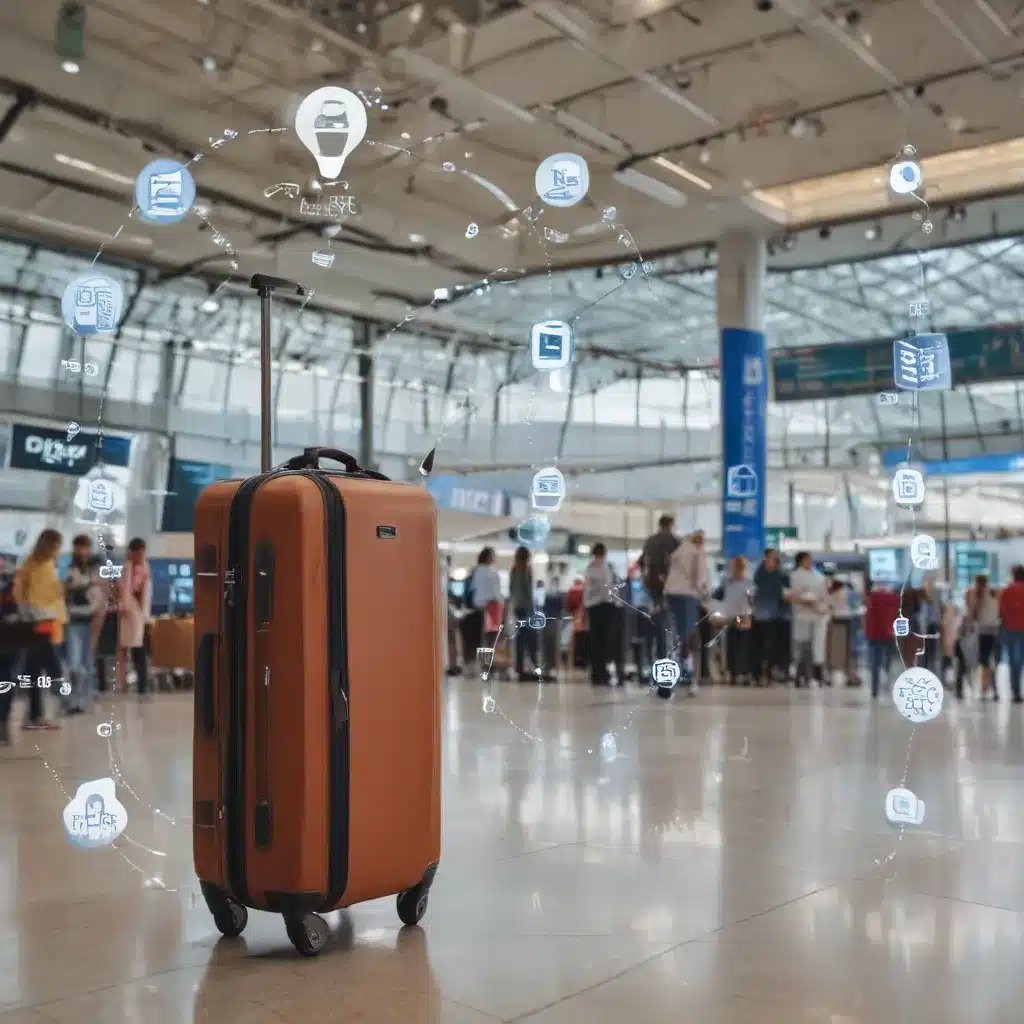AI in Cybersecurity: Should You Trust It With Your Data?
Introduction
Artificial intelligence (AI) is increasingly being used in cybersecurity to detect and prevent threats. However, some people wonder if AI cybersecurity can be fully trusted with sensitive data. In this article, I will examine the pros and cons of using AI for cybersecurity and help you decide if you should trust AI systems to protect your data.
How AI is Used in Cybersecurity
AI has several applications in cybersecurity:
Malware Detection
- AI can analyze files and network activity to identify malware patterns. This allows quicker detection of known threats.
- AI models can also detect zero-day malware by identifying abnormal behavior. This provides protection against new threats.
Network Monitoring
- AI analyzes network traffic patterns to detect anomalies that could indicate cyber attacks.
- It can identify compromised devices and suspicious insider activities.
User Behavior Analysis
- AI examines user patterns like login times, accessed resources etc.
- It flags abnormal activities that could signify account compromise.
Automated Responses
- AI initiated responses like password resets, lockouts etc during detected attacks.
- This enables faster containment of threats.
Benefits of Using AI for Cybersecurity
AI offers several advantages for cybersecurity:
-
Faster threat detection – AI can process huge volumes of data quickly to identify known and new attack patterns.
-
More accurate threat intelligence – AI models continuously improve to detect threats with higher accuracy.
-
Reduced reliance on manual monitoring – AI automation of threat detection reduces need for manual review.
-
Proactive threat hunting – AI is proactive in threat detection unlike traditional reactive methods.
-
Cost savings -AI reduces staffing costs since less human resources are needed for analysis.
Risks and Limitations of AI Cybersecurity
However, AI has some risks and limitations:
-
Susceptible to adversarial attacks – Hackers can craft inputs to fool AI models into misclassifying threats.
-
Data privacy concerns – AI systems need access to large volumes of data which raises privacy issues.
-
Over reliance on AI – There is a risk of becoming too dependent on AI and not applying human oversight.
-
Lack of explainability – It can be challenging to understand the reasons behind AI model outputs.
-
Difficulty detecting novel attacks – AI systems have limited ability to detect completely new attack methods.
Key Factors to Consider Before Deploying AI
When evaluating AI for cybersecurity, some key factors to consider are:
- Nature of your data assets and level of sensitivity
- Applicable data privacy laws and compliance requirements
- Maturity level of your cybersecurity program
- AI expertise in your team to manage implementation
- Mechanisms for explainability and human oversight of AI
Should You Trust AI to Protect Your Data?
There is no straight yes or no answer regarding trusting AI for cybersecurity. Here are a few guidelines:
- For low sensitivity data, AI provides adequate protection and efficiency benefits.
- For highly confidential data, use AI but have humans oversee operations.
- Evaluate AI vendors thoroughly regarding transparency and ethics.
- Start small, monitor AI system performance and scale up cautiously.
- Have mechanisms to override unexpected AI actions.
- Don’tbecome overly dependent on AI, use it as an augmentation tool.
Conclusion
AI has many benefits for cybersecurity but also has risks. By carefully evaluating your use case, having human oversight, and testing performance, AI can be safely leveraged for data protection. But blind trust in AI alone would not be prudent. A balanced approach is ideal to realize the upsides of AI while minimizing the downsides.












